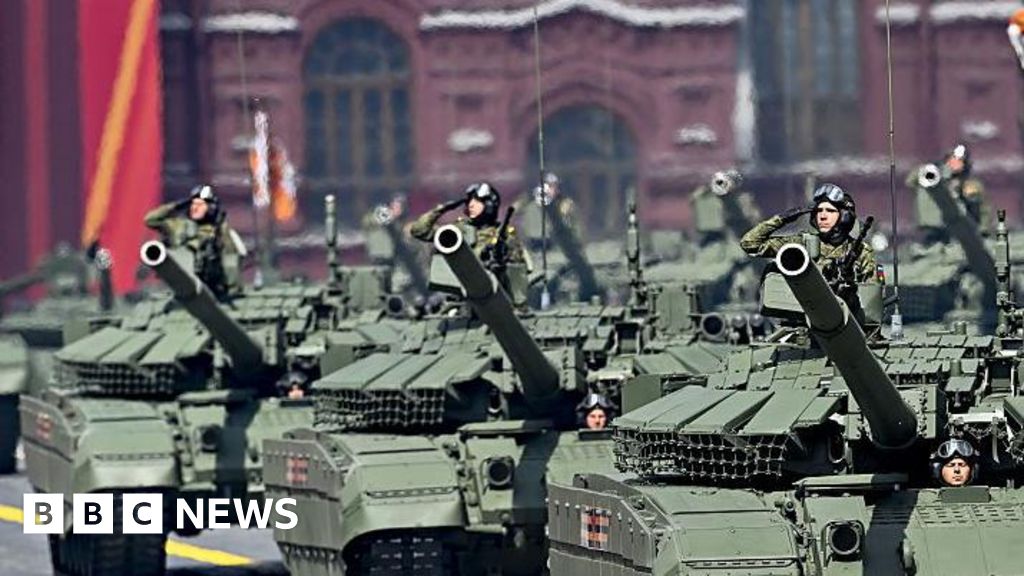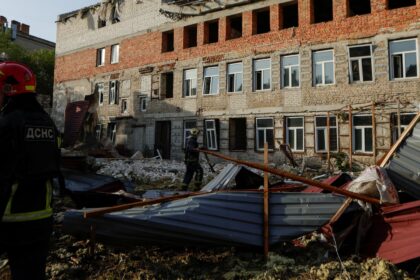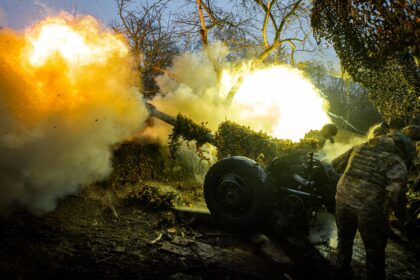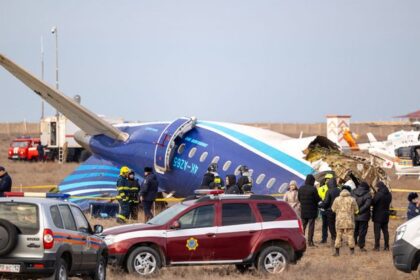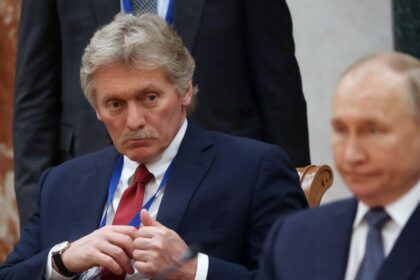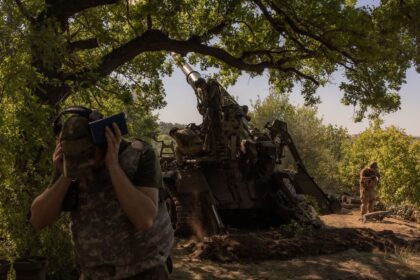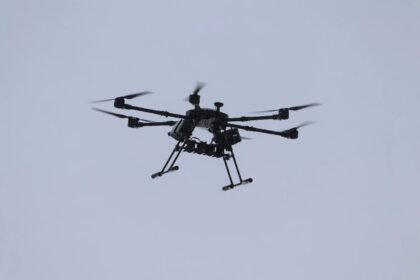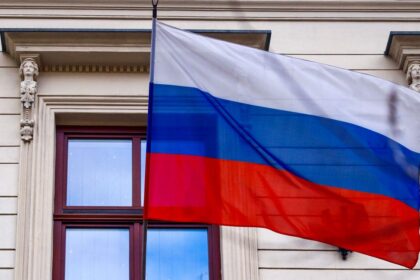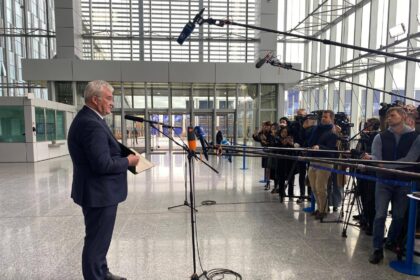**Russia’s Resilient Economy Faces Uncertain Future**
Since its invasion of Ukraine in 2022, Russia has become the most sanctioned nation on Earth. Yet, despite these restrictions, its economy has been surprisingly resilient. In 2024, according to Russian official figures, its economy outgrew those of all the G7 nations – Canada, France, Germany, Italy, Japan, the UK, and the US.
The growth in Russia was led by the Kremlin’s record military spending. The country’s oil exports, by volume, have also remained relatively stable, as supplies once destined for Europe have been diverted to China and India. A “shadow fleet” of tankers has helped Moscow circumvent sanctions elsewhere. Additionally, the Russian rouble has recovered to become the best-performing world currency this year, with gains of more than 40%.
However, as we move towards 2026, the mood music is changing. Inside Russia, inflation has been persistently high, interest rates have soared to 20%, and companies are struggling to find workers. Globally, oil prices had fallen back before the current conflict between Israel and Iran caused a spike.
Russia’s economy minister warned on Thursday that the country was “on the verge” of recession after a period of “overheating”. Some Russia watchers have even suggested the economy could be headed for collapse. But how likely is that really, and how does it affect the course of the war?
**Economists Weigh In**
Yevgeny Nadorshin, an economist based in Moscow, tells BBC News: “Overall, it will be a pretty uncomfortable situation until late 2026, and definitely there will be defaults and bankruptcies.” However, he predicts the downturn will be “mild” and calls any suggestion of a meltdown a “total lie”.
Mr. Nadorshin points out that Russia’s unemployment rate is currently at a record low of 2.3%, and will probably peak at just 3.5% next year. This is a concern, as worker shortages have driven up wages and contributed to inflation.
András Tóth-Czifra, a political analyst and Russia watcher, agrees that the economy has entered a period of stagnation. He warns that the country lacks around 2.6 million workers, mainly due to men going to war or fleeing abroad to avoid it.
**Long-Term Costs for Russia**
The Kremlin’s record military spending may provide short-term benefits, but it comes at a cost. The country’s oil and gas revenues have fallen due to sanctions and weaker pricing, contributing to a widening budget shortfall.
This has led to reallocation of funds from vital investment projects in road, rail, and utilities. Mr. Tóth-Czifra believes this will have long-term consequences for the economy’s ability to grow or diversify.
**A Difficult Road Ahead**
It is hard to say what will happen next. If Ukraine and Russia reach a peace deal this year, it could relieve some pressure on Moscow. However, Europe may maintain its sanctions even in the event of peace.
Dr. Katja Yafimava from the Oxford Institute for Energy Studies suggests that a modest return of gas imports is possible but unlikely to be significant enough to offset the difficulties facing Russia’s economy.
In conclusion, while Russia’s economy has been resilient so far, it faces an uncertain future. The war will have long-term costs for Moscow, and the Kremlin is running out of ways to offset them.
Read More @ www.bbc.com




